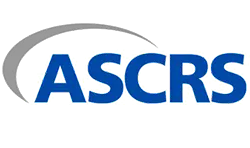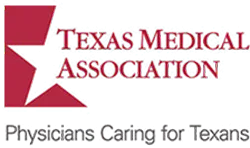At Vision 3C Specialists in San Antonio TX, we treat many eye conditions, including keratoconus. If you believe you may have the condition or have a new diagnosis, we are here to help. Many patients have based many questions about the condition. Read below to find out common answers to questions about the disease.
What is Keratoconus?
Keratoconus is a progressive eye disease that affects the cornea. It causes the cornea to become cone-shaped. Irregular corneas cannot bend light properly, leading to distorted vision.
What are the Symptoms of Keratoconus?
There are several symptoms, such as:
- Blurry and distorted vision
- Halos at night
- Sensitivity to light
- Frequent headaches
- Double vision
You should schedule an eye exam with an ophthalmologist from our team right away if you have these symptoms.
How Does Keratoconus Affect Day to Day Life?
There's no doubt that keratoconus can impact your quality of life. It makes it challenging to work, drive, and do leisurely activities like watching TV or reading.
How is Keratoconus Diagnosed?
A lot of eye conditions have overlapping symptoms. There are many tests used to diagnose the condition, including:
- Refraction to analyze your eyes for specific issues.
- Keratometry involves focusing light on your cornea to check its shape.
- A slit-lamp exam to measure the shape of your eyes and any other potential issues.
- Corneal mapping to map the shape of the cornea.
After we assess your condition, we can determine which tests are best for you.
Are There Different Forms of Keratoconus?
The condition comes in different forms:
- Oval cone keratoconus creates a cornea that bulges the cornea into a cone shape.
- Pellucid keratoconus happens when the cornea thins from the inside and out.
- Globus cone keratoconus is the most severe form of the disease and causes the cornea to thin out and bulge into a round shape.
What are the Treatment Options for Keratoconus?
There are different treatment options depending on which type of keratoconus you have. They include:
- Standard eyeglasses
- Soft and custom soft lenses
- Hybrid lenses
- Gas permeable lenses
- Large rigid gas permeable lenses, also known as scleral lenses
- Ortho-K lenses
Our eye doctor will assess your condition to determine the best treatment option for you.
Contact Vision 3C Specialists in San Antonio for Keratoconus Treatment
Call Vision 3C Specialists today at (210) 538-2020 for more information on keratoconus or to schedule an appointment with our eye doctor.








